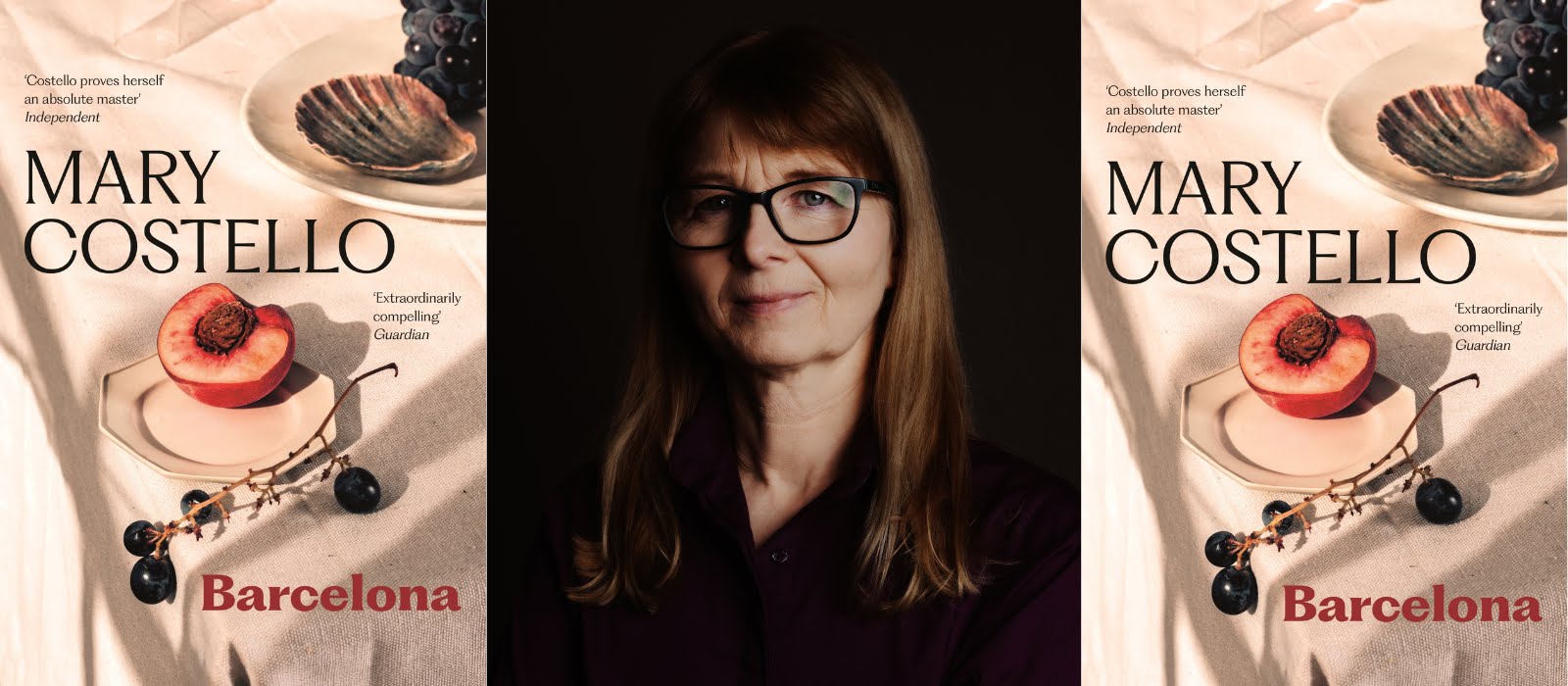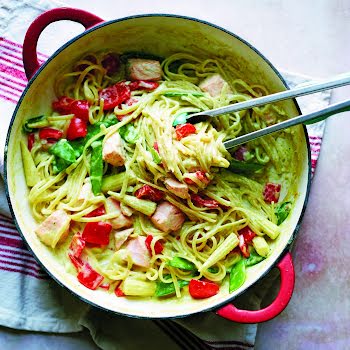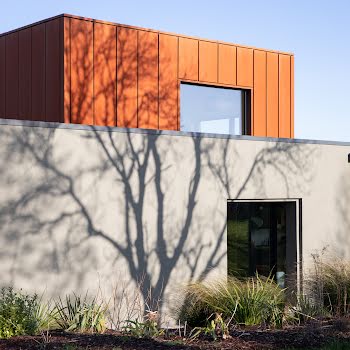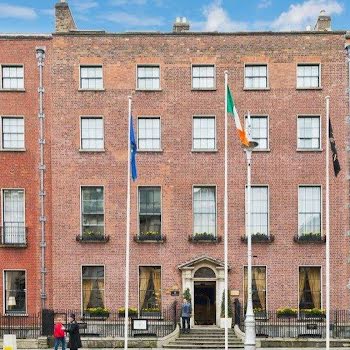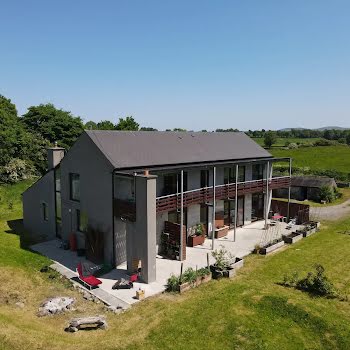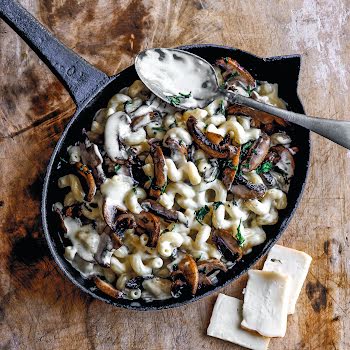Read an extract from award-winning author Mary Costello’s latest short story collection, ‘Barcelona’
A woman known for her short story prowess, Mary Costello’s ‘Barcelona’ is a thorough examination of the human condition.
In Barcelona, we meet a cast of characters who live turbulent inner lives. In a Spanish hotel room a marriage unravels as a young wife is haunted by a past love. A father travels to Paris to meet his scientist son and is exposed to his son’s true nature. A woman attends a reading by a famous author and comes to some painful realisations about her own marriage.
The stories in Barcelona reveal the underlying disquiet of modern life and the sometimes brutal nature of humanity. Whether on city streets, long car journeys or in suburban rooms, we glimpse characters as they approach those moments of desperation – or revelation – that change or reshape fate.
Mary Costello is the award-winning author of two novels and two collections of short stories. Her latest, Barcelona, has just been published by Canongate.
Read an extract below…

They had not long arrived in the city. They had driven all day on the motorway, over high bridges and around wide sweeping bends, with only a low metal guard shielding them from the ravines below. The drive had terrified Catherine. David had not seemed to notice, or hear her, when she asked if they could please get off the motorway.
Their hotel was on a narrow street off the Ramblas. They walked out into the bright shopping streets, and parted company for a while. Catherine strolled around, in and out of expensive boutiques with gleaming tiled floors and semi-bare rails. Through La Boqueria, the covered market with its trays of tongues and hanging hams. The afternoon sun beat down. Once, she caught sight of David up ahead and ducked into a shop.
Later, together, they walked in the shade of the plane trees on the Ramblas. The birds, locked up for siesta, were silent. Rabbits and tortoises too. Canarios €14. Pico de Coral €20. Isabellas €25. Now her mind was crowded by details of the day, the drive, the week ahead. It was their fourth anniversary, and this trip, this city, had been David’s choice. She knew he wanted it to matter, to mean something to them afterwards. Setting out that morning, she had brought up Lorca, whose poems she had taken with her.
‘He was from Granada, or near Granada,’ she said. She looked out the window at the orange groves, the scorched headlands, the limpid day. ‘He was murdered by the Fascists in the thirties. It’s still a sensitive issue here.’ David shrugged. Before they joined the motorway she took out the poems. In the dark wake of your footsteps, my love, my love.
‘They never found his grave,’ she said. See how the hyacinths line my banks! I will leave my mouth between your legs, my soul in photographs and lilies.
She would have preferred Granada. She would have liked to have found the mountain road near Alfacar where Lorca was shot and buried. ‘He was chasing duende,’ she said. ‘That’s what he was after.’ She looked at David. ‘Do you know what duende is?’
He shook his head. ‘No. Tell me. What’s duende?’
She was surprised to find herself doing this, making him feel less, under par. He was proud, accomplished in his own field – the law – and generally peaceable. Lately she found herself growing dismissive, impatient, employing at times a withering attitude towards him.
‘It means soul,’ she said. ‘The dark cry of the soul, the terrible sadness that seizes the flamenco singer.’ He was staring straight ahead. ‘The grief and hardship in her voice,’ she said.
She watched him search for a reply, for some comparison he might offer. She waited, but he offered nothing. ‘She is haunted by love,’ she continued. ‘Deranged by love, and death too. There’s always death.’
They were approaching the motorway then. After a while she turned to him. ‘Why do couples always make love – desperate frantic love – after a big row?’ she asked.
They wandered around the port and then along narrow streets, stopping now and then to gaze up at the buildings. They walked for a long time. They did not know where they were going.
David took out his map. ‘That used to be a bullring,’ he said, pointing across the street. ‘There’s still one in use, not far from here. We should go, before they outlaw it.’
Later, in a restaurant, he brought up the bullfight again. ‘Seriously, we should go. There’s one on Sunday.’ She shrugged. She thought it was a test. They were drinking Rioja. The restaurant was crowded, buzzing with talk. He had ordered codorniz, quail, and when the waiter arrived and put down his plate the scrawny little bird toppled over. Just then a woman at the next table let out a sharp laugh that startled Catherine. David righted the carcass and tapped on the breast bone. He peeled back the skin and teased a morsel of moist dark meat from the rib cage and raised it to his lips. She turned away. A terrible piercing loneliness entered her. A scene from a book, from years ago, surfaced. Justine. There were lovers – maybe a love triangle – and hazy bedroom scenes and beyond the window the heat and bustle of a North African city. A camel collapsed from exhaustion on the street outside and men with axes came and hacked off its limbs and carved up its flesh, while it was still alive. What she remembered, especially, was the pained puzzled look in the camel’s eyes, and the eyes moving as its limbs were cut off.
The woman at the next table laughed again and Catherine looked at David. She had had the feeling, setting out that morning, of going someplace, and now she had ended up somewhere else, somewhere that made her more homesick than ever.
David was smiling, holding out a small red box. Inside were earrings, amethyst. She frowned. ‘I didn’t get you anything.’
‘I don’t want anything.’
She fingered the earrings. She looked at the couple at the next table. When we are young, she thought, we have enormous hope, we expect that someone – a man bearing love and mystery and new ideas – will come and help reveal us to ourselves. She looked at David’s waiting face. He was no longer mysterious to her. She watched him talking sometimes, eating and drinking with gusto, and she was struck by the distance that exists between people. How everything, the details of everyone’s hidden life, far exceeds anything we can possibly imagine. And how, for brief periods, one can live at a different pitch, an extreme pitch, and then, when it has passed, return to the middle way again.
Without anyone else ever knowing. No one bound her to secrecy, and she thought now that people do this – she did this, she kept things secret – so that they can re-imagine their lives when lived life is not enough.
‘Barcelona’ by Mary Costello (€14.99) is on sale now.
Imagery via Yamila











